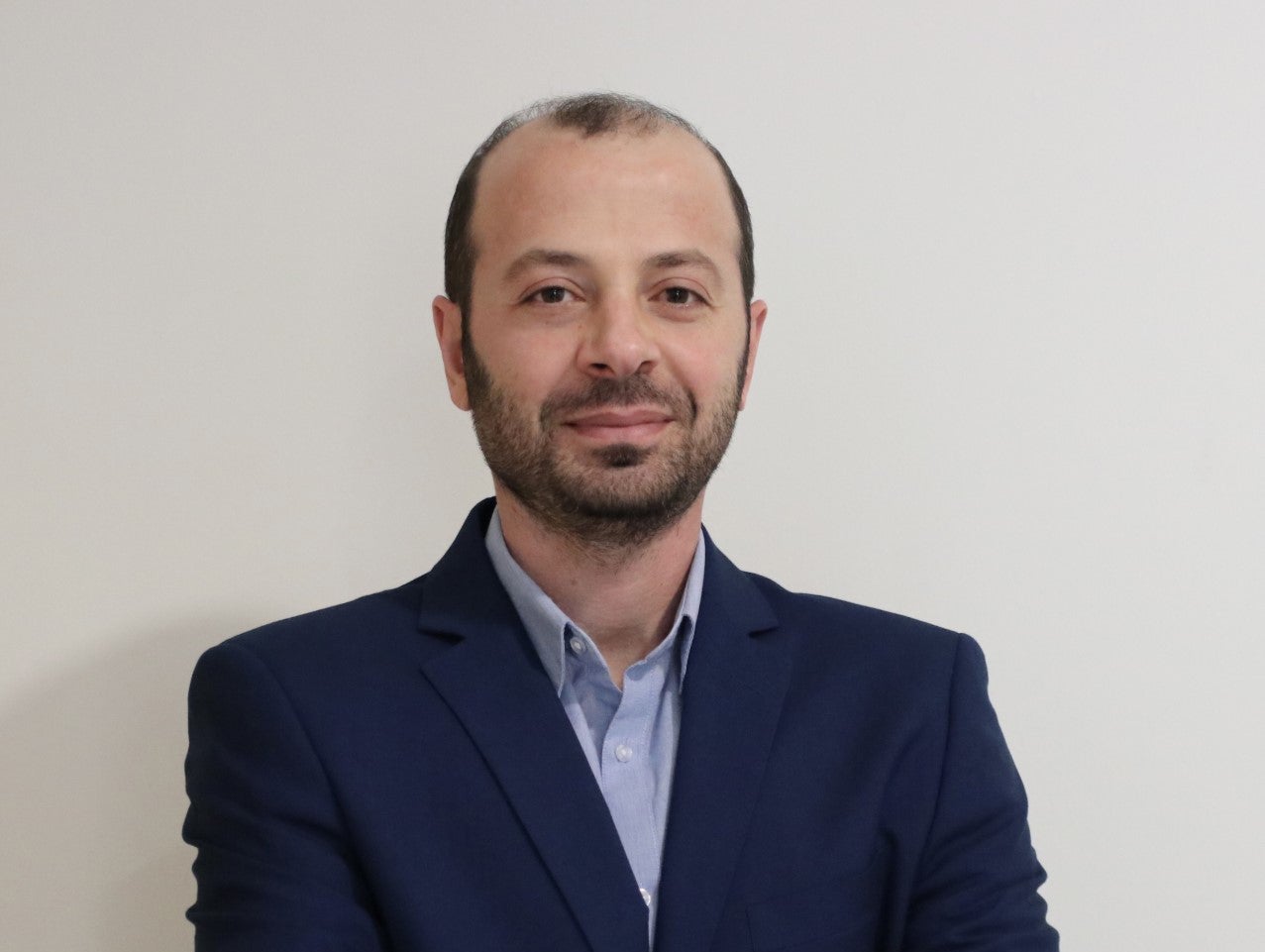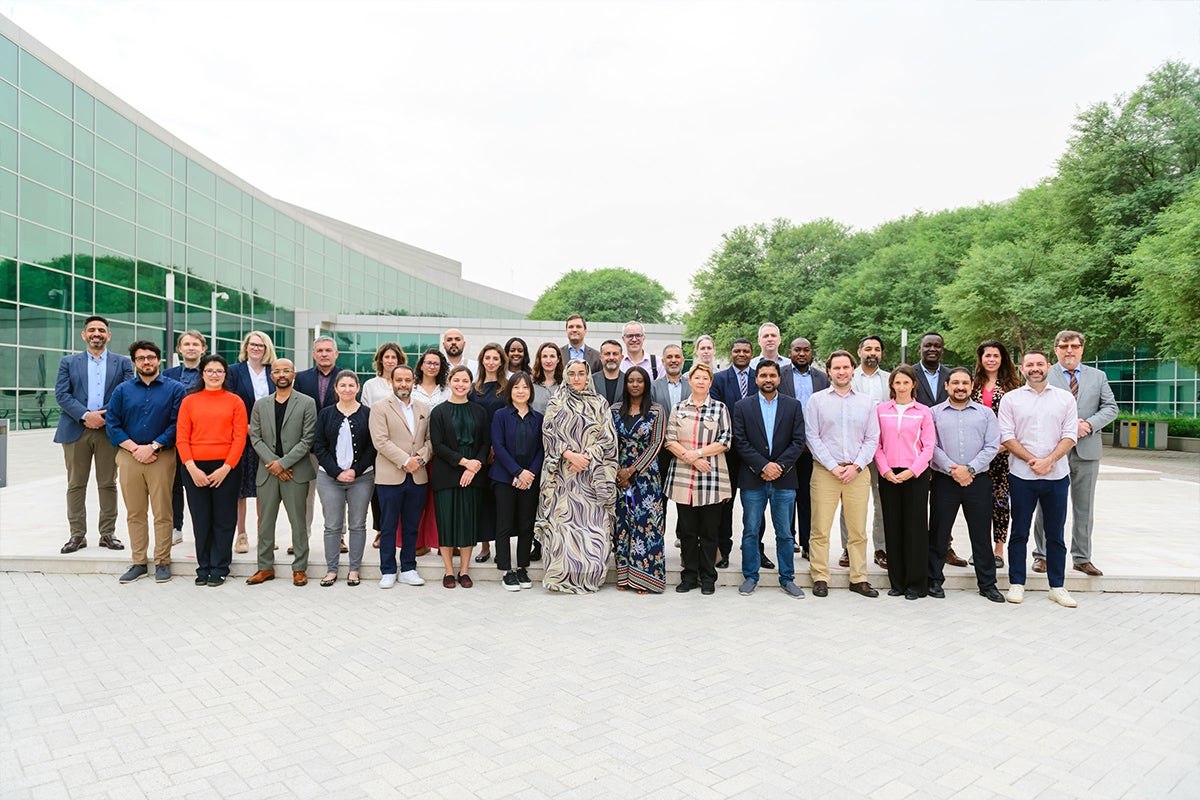International research study leverages computational analytics and genetics to analyze complexity of anti-cancer immune response in humans

Sidra Medicine and Qatar Computing Research Institute (QCRI) at Hamad Bin Khalifa University (HBKU), Qatar Foundation, led a research study with the University of California San Francisco (UCSF) that represents a significant step toward personalized cancer immunotherapeutic approaches.
The international team of cancer immunologists, computational scientists, oncologists, biologists, and geneticists found that pre-existing anti-cancer immunity depends heavily on a patient’s genetic background. As such, certain genetic variants that make each of us unique can also influence the way the immune system fights tumors.
Immunotherapy, a therapeutic approach based on boosting the immune system, has changed the way cancer is treated, yet only a minority of patients respond to the treatment. The groundbreaking research study, published in Immunity (CellPress), one of the top scientific journals worldwide, answers a critical question that has been facing scientists over the past ten years. That is, why some patients develop a spontaneous, yet partial, anti-cancer immunity that makes them more likely to respond to immunotherapy and whether this response is caused by genetic variation in the DNA of the patients.
Dr. Davide Bedognetti, Director of the Cancer Research Department at Sidra Medicine and Adjunct Associate Professor at the College of Health and Life Sciences at HBKU, with Dr. Elad Ziv, Professor of Medicine at UCSF, led the research team as co-senior authors. QCRI’s Dr. Mohamad Saad and UCSF’s Dr. Rosalyn Sayaman, co-first authors, were the lead computational scientists, with other team members from Sidra Medicine including Dr. Wouter Hendrickx Jessica Roelands, Dr. Younes Mokrab and Najeeb Syed. The immunogenomic analytic approach used in the study to dissect tumor-host interplay was also implemented as a part of one Qatar National Research Fund’s National Priorities Research Program project.
The new joint research holds significant potential for further achievements. Future studies will determine whether a combined “immunogenetic score” can detect patients more likely to benefit from specific immunotherapies, for a truly personalized approach. Having identified several variants in genes of which the immunological functions are not known, the team is hopeful that studying these genes in detail might lead to the identification of novel therapeutic targets.
 Dr. Davide Bedognetti said: “We already know that the risk of developing certain diseases such as diabetes and high blood pressure, for instance, is influenced by our own DNA, and our research indicates that this is also the case for anti-cancer immune response. Translating these findings into clinical practice to develop personalized immunotherapeutic approaches accounting for patients’ genetic fingerprints represents the next challenge. We are now characterizing pediatric cancer patients genetically and immunologically to expand immunotherapy to this population. We are still at the beginning of this exciting program, and we remain hopeful of the outcome that will ultimately benefit more and more patients affected by this devastating disease.”
Dr. Davide Bedognetti said: “We already know that the risk of developing certain diseases such as diabetes and high blood pressure, for instance, is influenced by our own DNA, and our research indicates that this is also the case for anti-cancer immune response. Translating these findings into clinical practice to develop personalized immunotherapeutic approaches accounting for patients’ genetic fingerprints represents the next challenge. We are now characterizing pediatric cancer patients genetically and immunologically to expand immunotherapy to this population. We are still at the beginning of this exciting program, and we remain hopeful of the outcome that will ultimately benefit more and more patients affected by this devastating disease.”
Commenting on how the study has highlighted the role of computational analysis in tackling major diseases, Dr. Mohamad Saad said: “Advances in next-generation sequencing technologies, coupled with the rapid progress of computer hardware and software, enabled the generation and analysis of many types of biological data at a large scale. In this study, we analyzed a set of around 9,000 patients with 30 different cancer types. Considering the complexity of the interaction between cancer cells and the immune system, and the large amounts of data needed to capture them, the role of computers has become more and more important in analyzing the data that leads to understanding the biological mechanism behind cancer and response to immunotherapy. As the amount and type of data will grow exponentially due to technological advances, machine learning and artificial intelligence methods will be needed to understand them and extract clinically relevant information.”
To read more about the findings of the study, please go to: https://doi.org/10.1016/j.immuni.2021.01.011
For more information on the work of QCRI, please visit qcri.hbku.edu.qa. For more information on Sidra Medicine, visit www.sidra.org.
Related News

FIFA World Cup Fans Learn More about Future Impact of AI on Jobs and Employment

Middle School Seniors Become Technology Creators at Qatar Computing Research Institute’s Creative Space Summer Camp








